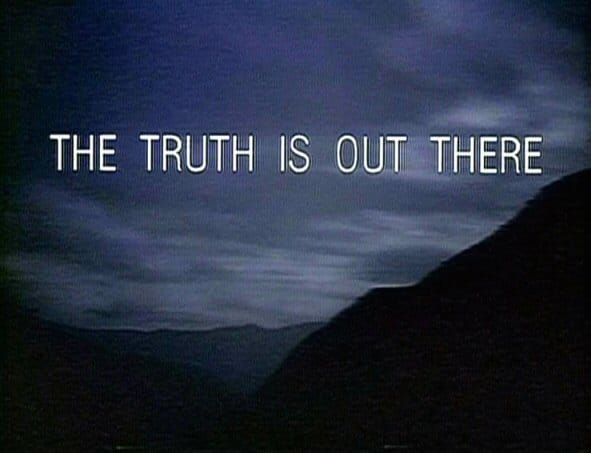Thank goodness for John Abraham—because he does so well what no one should have to do.
That’s my reaction after reading this recent exchange in the Minneapolis Star Tribune, in which Abraham—a co-founder of the Climate Science Rapid Response team and a professor at the University of St. Thomas—dismantles an array of misleading claims about climate science from one Jason Lewis, a syndicated radio talk show host.
Lewis repeats the “hide the decline” line from “Climategate” and thoroughly misrepresents what it means. He incorrectly asserts that global warming concerns are based on “computer models” rather than data. He claims that following 1998, temperatures “may actually be cooling,” and so forth.
These claims are wrong—as is the general impression left by the column that the Earth isn’t warming, and climate scientists don’t know what they’re doing–and it isn’t simply a matter of opinion. Abraham scores all the intellectual points in this exchange, but I can’t help thinking, this is not how it’s supposed to go.
A few posts back I highlighted new research suggesting that “on the one hand, on the other hand” coverage of fact-based political divides leaves citizens in a postmodern funk, uncertain what the truth is and whether they are capable of discerning it. It’s yet another reason why journalists have a responsibility to serve as arbiters of factual disputes—rather than thinking their job is done if they let one side say the sky is pink, but then provide a counter-quote from an expert saying that in fact it’s blue.
What goes for journalists ought to go for op-ed pages. While it might be more difficult to design a study to test the effect on readers of an exchange like that in the Star Tribune, I would guess it is the same—making them feel helpless about discerning where the truth lies.
But it’s not just that: Oped pages, too, have a journalistic responsibility not to print misinformation, as they have done by running Lewis’s column. And just providing a contrary “opinion” to counter that misinformation isn’t enough.
Lewis’s column should, at minimum, be officially corrected—and across the board, oped pages should put in place mechanisms to rigorously fact check pieces making contrarian scientific claims in politically contested areas, like the climate debate.
In a range of ways, the norms of journalism simply have not kept up with the kind of misinformation that circulates today–or with realities of human psychology. Journalists have abdicated, for too long, their responsibility to tell it like it is, and only like it is–in all parts of the paper. They’ve forgotten that most basic of distinctions: Between fact and opinion.
Subscribe to our newsletter
Stay up to date with DeSmog news and alerts







